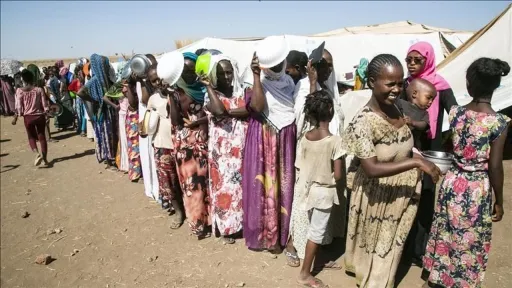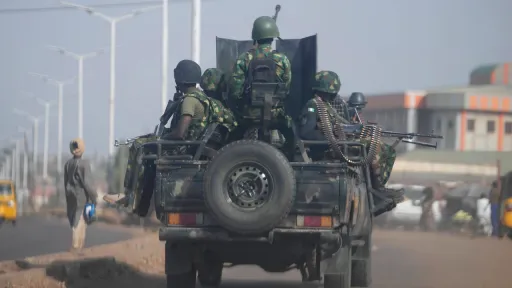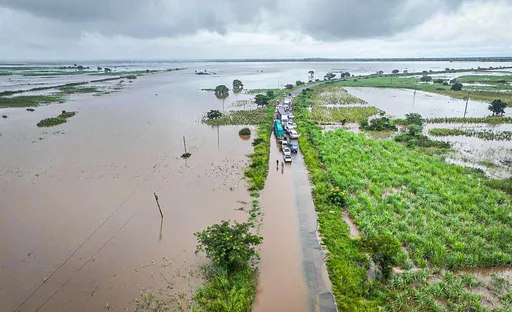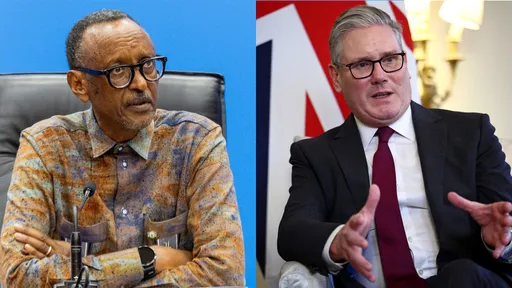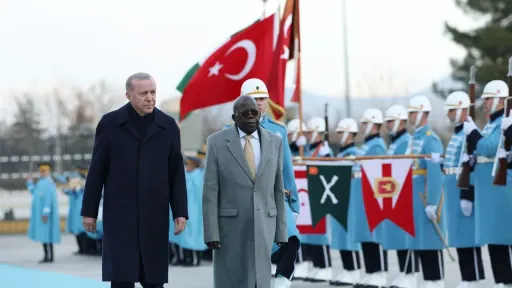Since April 2024, the city of El-Fasher, capital of North Darfur State, has endured a brutal siege by the Rapid Support Forces (RSF) paramilitary group. For more than 500 days, nearly 300,000 civilians have been trapped, while over 780,000 people have been forcibly displaced.
Access to food, water and healthcare has been almost entirely cut off. Malnutrition among children is rising to alarming levels, and families have been forced to survive on “Elumbaz”—a byproduct of cottonseed and peanuts normally used as livestock feed.
El-Fasher remains the last major government-held stronghold in North Darfur, and RSF paramilitary attacks have devastated the Abu Shouk refugee camp, indiscriminately targeting marketplaces, infrastructure and civilians through drone strikes and artillery fire.
Trapped in camps
According to official United Nations reports, 300,000 unarmed civilians have been cut off from the outside world for more than a year, including 130,000 children in Abu Shouk and Zamzam camps.
The World Food Programme has been unable to deliver aid since early 2024, and as of March 2025, 38% of children under the age of five suffer from acute malnutrition.
The consequences are dire. Between April 2023 and July 2025, nearly 782,000 people fled El-Fasher, with the Tawila region receiving three-quarters of them. Yet more than 180,000 civilians remain trapped in Zamzam camp, facing the threat of massacres if they attempt to leave. RSF paramilitaries have even recorded and circulated their atrocities on social media, underscoring the sheer impunity of their violence.
The humanitarian toll is devastating. Thirty-five hospitals and six schools have been destroyed or rendered unusable. Blood banks, laboratories, and clinics are no longer functioning due to systematic RSF bombardment and shortages of critical supplies. Education and healthcare have collapsed entirely. If the siege continues, famine among children is inevitable.
Media bias
The international community cannot allow El-Fasher to become another Gaza. Yet global attention has remained minimal, and media coverage limited.
Ending RSF’s siege will only be possible if its external backers, particularly the United Arab Emirates, withdraw their support. Without such lifelines, RSF’s power will erode. Otherwise, just as Israel did in Gaza, children will be brutally murdered and civilians will continue to be killed.
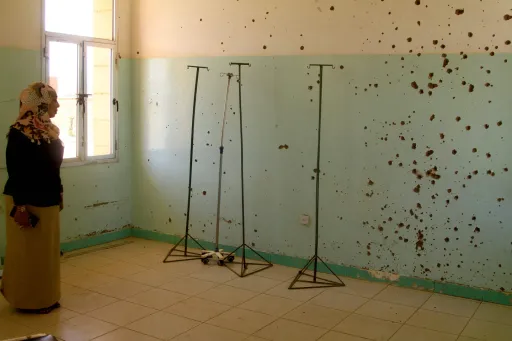
The United Nations and the African Union must intensify political pressure on RSF, while simultaneously strengthening diplomatic and financial support for Sudan’s legitimate transitional government.
Human rights violations committed by RSF paramilitary group must be investigated, and perpetrators sanctioned. In parallel, regional powers such as Türkiye and Egypt should engage in mediation to lay the groundwork for an inclusive and lasting peace process.
Most urgently, humanitarian corridors must be established—through coordination between international organizations and regional actors—to deliver life-saving aid to besieged populations in El-Fasher.
The alternative is catastrophic: continued starvation, indiscriminate killings, and the destruction of yet another civilian population before the eyes of a passive world.
The author, Dr. Mayada Kamal Eldeen is Associate Professor of Political Science and International Relations, Tokat Gaziosmanpaşa University
Disclaimer: The views expressed by the author do not necessarily reflect the opinions, viewpoints and editorial policies of TRT Afrika.









